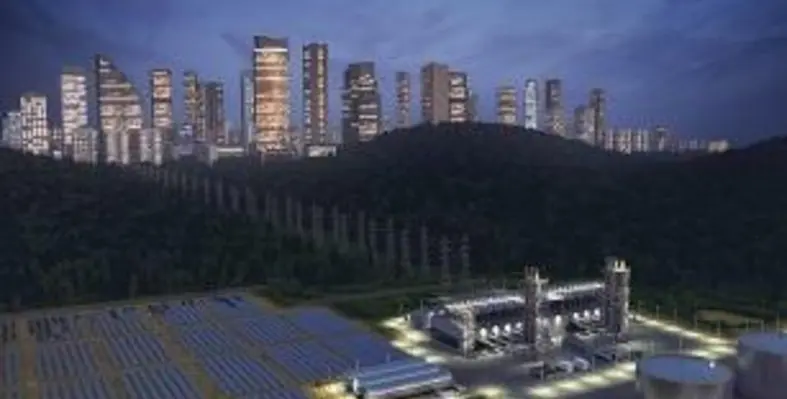The successful completion of the Azura Edo 450MW gas-fired power project in 2016 was hailed at the time as setting the blueprint for future independent power projects in Nigeria but, five years on, no new independent projects have come to fruition
This is not due to a lack of projects or ambition. With its huge gas reserves and high solar potential, Nigeria has all the natural resources necessary to meet its targets to deliver 30GW of electricity with 30% renewable energy mix by 2030. However, three major and interconnected challenges still create enormous barriers to entry for IPP projects in Nigeria.
Nigeria’s regulatory environment is complex and creates significant uncertainty for project developers, who need to navigate multiple government agencies with sometimes conflicting processes. To cope with this uncertainty, information must be checked and rechecked at various levels to safeguard a project ecosystem that requires constant monitoring and validation.
Major energy projects are long and complex to develop. Reliable and experienced turnkey solutions can mitigate project development risk with a 360° approach. IPPs must be able to mobilise strong internal development and EPC capabilities as well as work with consultants on a range of topics like environmental issues, interconnection, or primary fuel supply legal matters.
The ability of the IPP to share the development risk by taking minority equity stakes in projects is also paramount. Successful project finance will reply on complex back-to-back contractual agreement structures to secure access to the gas, the grid, and the offtake of the generated power. Once a bankable model has been designed, only then can projects raise finance from various funding institutions.
When it comes to generating reliable power from gas in a challenging environment, selecting the right technologies is crucial. Issues with gas transportation and distribution, combined with the fluctuating electricity loads, can make it difficult for large gas-turbine based power plant projects to operate efficiently, which can result in stranded generation assets, transmission bottlenecks and plant shutdowns.
On the other hand, plants using reciprocating gas engines can run with lower gas pressures and provide high efficiency at Nigerian site conditions with high temperatures and humidity. They can operate with a large spectrum of gas qualities and other liquid fuels provided through other supply infrastructures. They can provide the flexibility and resilience required to accommodate varying loads and to adapt the increasing integration of intermittent renewable electricity into the grid.
By Nicolas Mathon, Director, Project Development, Africa and Europe, Wärtsilä Energy.












